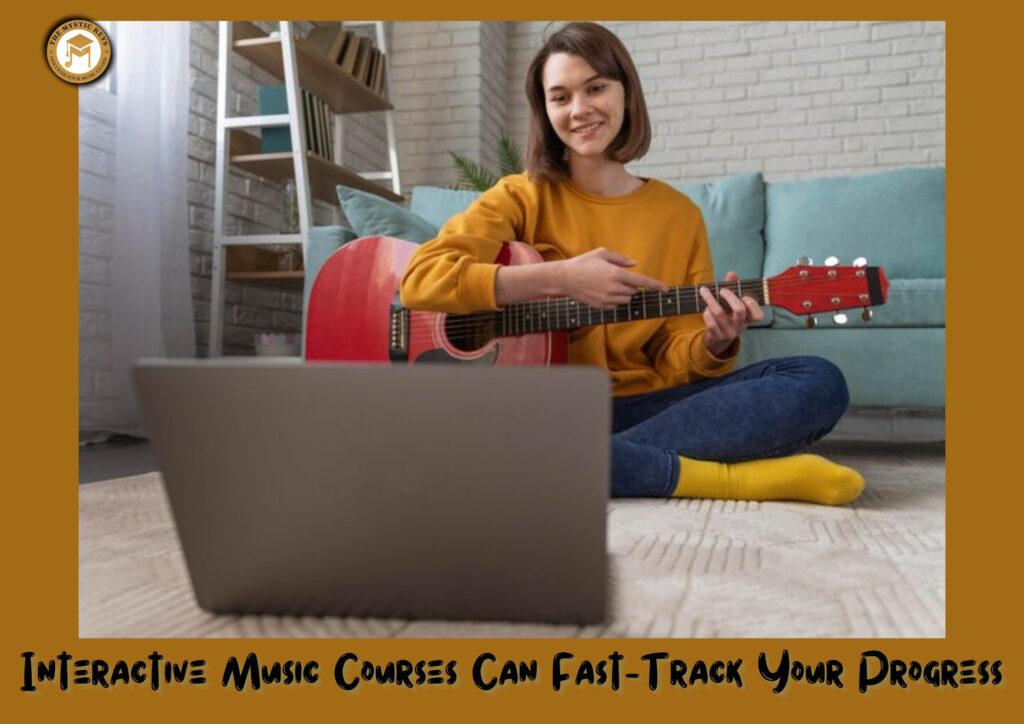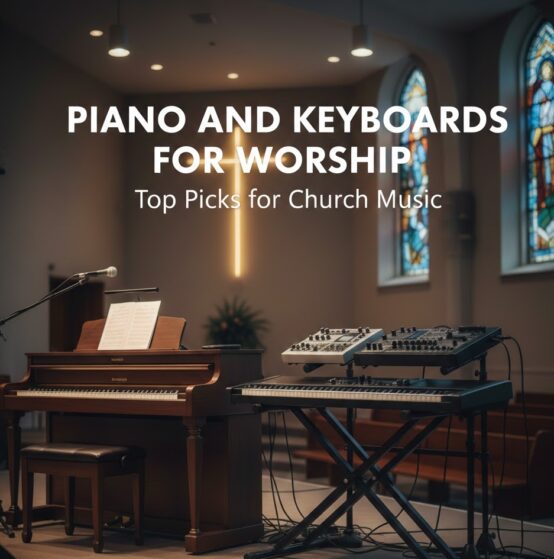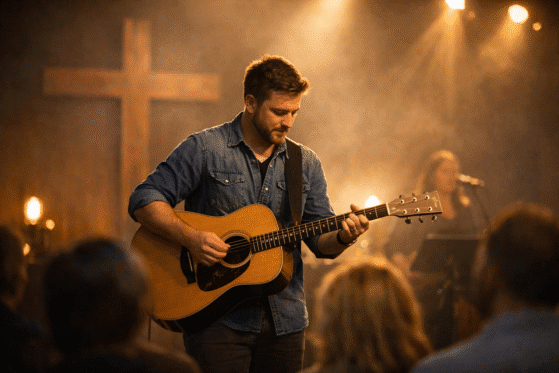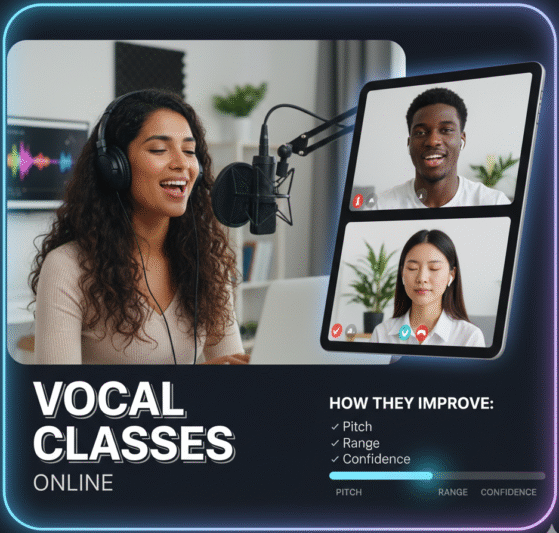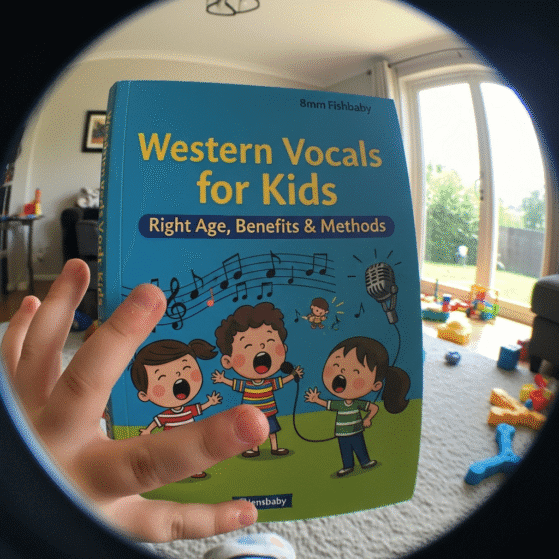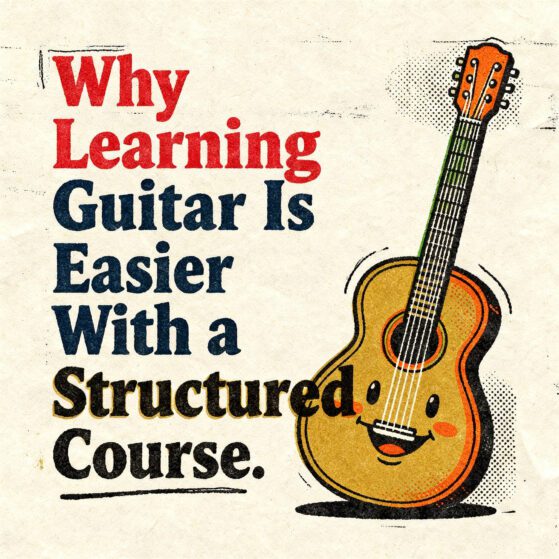How Interactive Music Courses Can Fast-Track Your Progress
The world of music learning is vast and diverse, with countless paths to explore, whether you’re a beginner or an advanced player. Traditional music education often relies on standard methods, such as in-person lessons, textbooks, and one-size-fits-all strategies. However, the rise of interactive music courses is revolutionizing the way we learn music, offering a dynamic approach that accelerates progress and fosters a deeper connection to music. In this blog, we’ll delve into how interactive music courses can fast-track your musical journey.

What Makes Interactive Music Courses Different?
At their core, interactive music courses are designed to engage students more actively than conventional methods. While traditional courses may offer a more passive approach—relying on lectures or one-way instruction—interactive courses encourage student participation, feedback, and real-time practice. These courses may incorporate features such as:
- Real-time quizzes to assess knowledge
- Video demonstrations and tutorials
- Interactive sheet music for active learning
- Music production exercises using software tools
- Peer collaborations in online forums or live sessions
- Instant feedback from instructors or AI systems
These courses are often available online, which allows students to learn at their own pace, from anywhere in the world, and with the flexibility to revisit difficult concepts as needed.
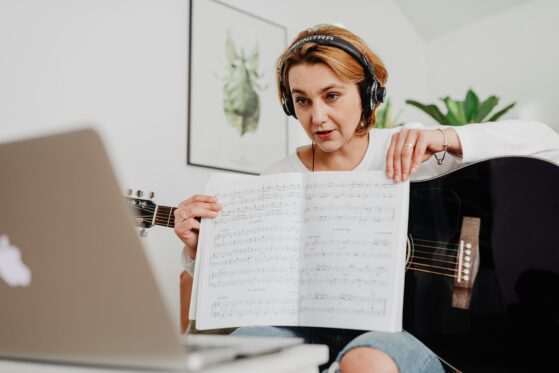
Personalized Learning Paths
One of the biggest advantages of interactive music courses is their ability to adapt to your personal learning style. Unlike traditional methods that may follow a rigid curriculum, interactive courses allow you to choose or create learning paths that fit your needs and interests. Whether you’re focused on learning a specific instrument, improving your vocal skills, or delving into music theory, interactive courses can provide the right tools and resources tailored to your progress.
For example, if you’re an aspiring keyboardist, an interactive course can adjust its pace according to your skills. Beginners can start with easy exercises, while intermediate students can focus on more advanced techniques such as improvisation or complex chord progressions. This individualized approach ensures that you’re always working at a level that challenges you without overwhelming you.

Instant Feedback for Faster Improvement
In any field, feedback is essential to progress, and music is no exception. Traditional methods often require waiting for a teacher’s input, which can delay your understanding and cause frustration. Interactive music courses provide immediate feedback on your performance, allowing you to correct mistakes and refine your skills without unnecessary delays.
For example, if you’re working on finger exercises for the guitar, an interactive course might have software that listens to your playing and gives you instant feedback on your timing, note accuracy, or rhythm. This allows you to make adjustments immediately, speeding up your learning curve.
Real-time feedback can also apply to things like music theory exercises, where interactive tools can flag mistakes in your chord construction or harmonic choices, helping you learn as you go.
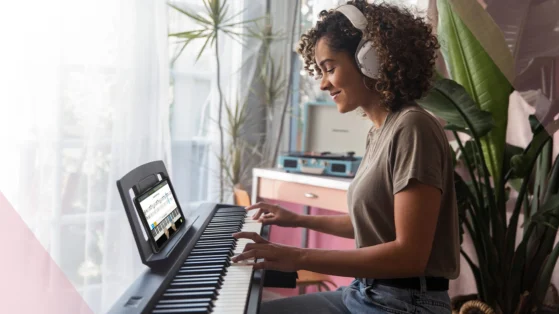
Engaging with Music Production Tools
One of the most exciting aspects of interactive music courses is the opportunity to work with modern music production tools. These tools often go beyond basic learning and give students the chance to create their own music. With the growing popularity of software like Ableton Live, FL Studio, and Logic Pro, many interactive courses include tutorials on how to use these programs, giving students the opportunity to apply theoretical knowledge in a practical, creative way.
By combining theory and practice in such an integrated manner, students can immediately hear how the concepts they’re learning translate into music. For instance, if you’re learning about scales, you can directly apply those scales within a music production environment, experimenting with melodies and harmonies in real-time.
This hands-on approach builds a deeper understanding of how music works while honing practical skills that are crucial for modern musicians.
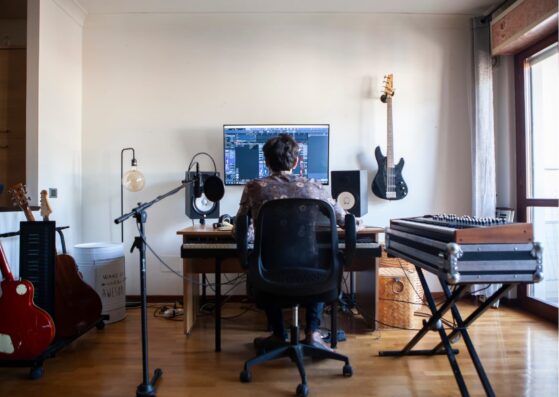
Gamified Learning Experience
Gamification is one of the most exciting trends in the music education world. By introducing elements of game design, such as levels, rewards, and achievements, interactive music courses make learning fun and motivating. For example, a student might earn points or badges for completing certain lessons, reaching milestones, or mastering particular techniques.
Gamification also introduces friendly competition, such as leaderboards, where students can see how they rank against their peers. This encourages continuous progress and creates a sense of accomplishment as students progress through different levels of difficulty.
Moreover, the challenges within these gamified environments simulate real-life performance situations, where you can test your abilities under various conditions. This not only helps with musical growth but also improves confidence and stage presence for performances.
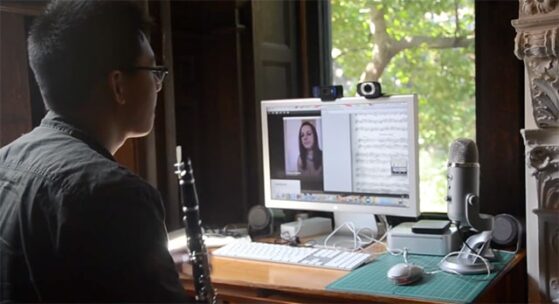
Flexibility and Convenience
Interactive courses typically offer the flexibility to learn at your own pace. Whether you’re juggling a busy work schedule, school, or other commitments, you can log into the course when it’s convenient for you, making learning more accessible than ever before.
Moreover, since many interactive courses are available online, you can revisit lessons or practice specific concepts any time you need. This flexibility is crucial for those who may not have the time or resources to attend in-person lessons consistently.
Interactive music courses are also frequently updated with new content, ensuring that students are exposed to the latest techniques, trends, and technologies. This is particularly important for aspiring musicians who wish to stay relevant in today’s fast-evolving music landscape.

Collaborative Learning Opportunities
Many interactive music courses offer online communities where students can connect, share progress, and collaborate. These include peer reviews, encouraging constructive feedback. This creates a supportive environment and fosters collaboration, vital in the music industry.
Collaboration can involve creating a cover, composing an original piece, or joining a live jam session. Being part of a global music community opens opportunities to work with musicians from diverse cultures and genres, enhancing creativity and broadening your musical perspective.
Additionally, these collaborations help build strong networking connections that can lead to future opportunities. Working with others pushes you to improve your skills while gaining new perspectives. Ultimately, being part of such a community can inspire and motivate you to reach new heights in your music journey.

Focused Attention on Technique and Expression
Interactive music courses help you focus on both technical mastery and artistic expression. As you progress, you’ll develop proficiency in your instrument while connecting emotionally to the music. This approach leads to a deeper understanding of music, not just as a skill, but as a form of personal expression.
For example, voice lessons focus on breath control, pitch, and emotional delivery. Guitar lessons emphasize perfecting finger placement and using expressive techniques like vibrato or bends in solos. This dual focus makes learning more engaging and effective, allowing you to express yourself confidently through your music.
The hands-on experience in interactive courses encourages experimentation, helping you discover your unique musical voice. Whether you’re a beginner or advanced player, these courses offer valuable tools for growth and creativity.
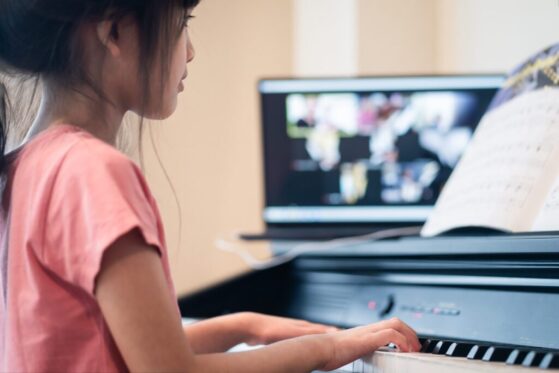
Enhanced Motivation through Progress Tracking
Interactive courses often feature progress tracking tools that help students stay motivated by showing them how far they’ve come. These tools might include visual progress bars, completion certificates, or even the option to track your learning goals.
For instance, if your goal is to master a particular song, an interactive course might break down the song into smaller sections and track your progress as you complete each part. Watching your progress unfold can serve as a powerful motivator, helping you stay focused on your goal and see tangible results as you continue.

Cost-Effective Learning
Compared to traditional private lessons or expensive music academies, interactive music courses are often much more affordable. Many platforms offer subscriptions or one-time payments for access to a vast array of courses, making them an excellent value for students seeking high-quality music education. Plus, the ability to learn at your own pace ensures that you’re getting the most out of your investment, without being rushed or held back.

Conclusion | Fast-Track Your Music Journey
Interactive music courses offer personalized learning, instant feedback, hands-on experience, and flexibility. You can learn at your own pace, track progress, and engage with a supportive community. Whether mastering an instrument, improving your voice, or exploring music production, these courses fast-track your musical journey. The gamified approach makes learning fun and motivating, while real-time feedback ensures you’re always improving. With access to expert resources and tools, you can develop your skills quickly and effectively. Interactive courses provide everything you need to stay engaged, stay motivated, and achieve your musical goals faster.
Ready to elevate your musical skills? Join The Mystic Keys today and experience the difference for yourself!
Related Blogs
Why Interactive Music Courses Are
More Effective
Music education has evolved significantly with advancements in technology. Interactive Music Courses Are More Effective, such as textbook learning and passive video tutorials, lack engagement and real-time interaction.
How Interactive Tools Make Learning
Music Fun
In the digital age, the intersection of technology and education has led to remarkable innovations, and music education is no exception. As musicians, educators, and students embrace digital resources, interactive music tools are transforming how we learn music
The Changing Landscape of Music Education | Interactive Music Learning
The world of education is rapidly evolving, with technology playing a central role in transforming how we learn. This transformation is particularly evident in the field of music education, where traditional methods of instruction are being enhanced, and in some cases replaced, by interactive music learning.


